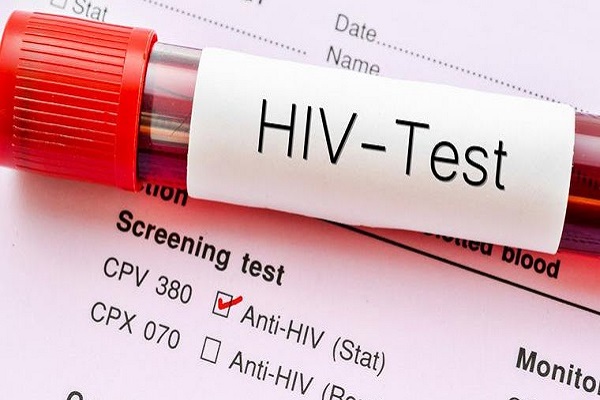adverts
The Ghana Health Service’s National HIV and AIDS Control Programme recently reported over 34,000 new HIV infections from January to the third quarter of 2024, a concerning surge underscoring the need for increased public awareness and preventive measures.
Program Manager Dr. Stephen Ayisi Addo, addressing the report, noted that around 1.3 million people had been screened during this period, highlighting testing as essential for early detection and intervention.
The data was shared at the 2024 World AIDS Day launch organised by the Ghana AIDS Commission, which featured a candlelight vigil in remembrance of those lost to AIDS. The event’s theme, “Take the Rights Path,” reflects a commitment to respecting individuals’ rights while pursuing the goal of ending the epidemic by 2030.
adverts
Dr. Ayisi urged individuals to take proactive steps to protect themselves, stressing the importance of regular condom use and mutual fidelity in preventing HIV transmission.
He encouraged those diagnosed with HIV to maintain treatment regimens, which are critical in suppressing the virus and reducing the likelihood of further spread.
Dr. Atuahene Kyeremeh, Director General of the Ghana AIDS Commission, affirmed the Commission’s dedication to collaborating with all sectors in the fight against HIV.
He emphasised that accessible treatment is a powerful tool in managing the virus, urging the public to make use of these free resources.
Leading up to World AIDS Day on December 1, the Commission has planned a series of events, including a grand durbar in Accra on December 2. The gathering will include representatives from key organisations, such as the Ghana Health Service and UNAIDS, along with advocates from the National Association of Persons Living with HIV.
Participants showed their support for the national goal of achieving an HIV-free Ghana by 2030, a target that will require continued education, preventive measures, and widespread access to treatment.


